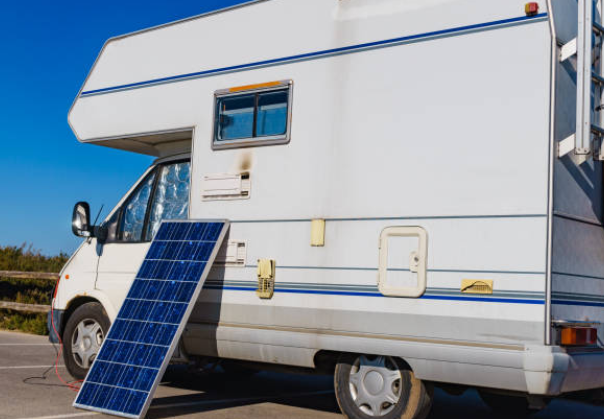Understanding the Lifespan of RV Water Filters
RV water filters are essential for ensuring clean and safe drinking water while on the road. However, many RV owners are left wondering how long these filters last and when to replace them. In this article, we will explore the factors that affect the lifespan of RV water filters and provide useful tips for maintaining them. So, if you're curious about how long your RV water filter will last, keep reading!
Factors Affecting the Lifespan of RV Water Filters
Several factors determine how long an RV water filter will last. Understanding these factors can help you make informed decisions about when to replace your filter. Let's take a closer look:
1. Water Quality
The quality of the water you're filtering is a crucial factor in determining the lifespan of your RV water filter. If you frequently encounter heavily contaminated water or water with high levels of sediment, your filter may clog up faster, reducing its lifespan. Regularly testing your water quality and using pre-filters can help extend the lifespan of your RV water filter.
2. Filter Type
The type of filter you use in your RV also impacts its lifespan. There are various types of filters available, such as carbon filters, sediment filters, and combination filters. Each type has a different filtering capacity and lifespan. Carbon filters, for example, typically last around 3-6 months, while sediment filters may need replacement every 1-3 months. Understanding the capabilities and limitations of different filter types is essential for determining their lifespan.
3. Water Consumption
The amount of water you consume in your RV also affects the lifespan of your water filter. If you use a significant amount of water daily, your filter will need to work harder and may require more frequent replacement. Consider your water usage habits and the number of people traveling with you to estimate how long your filter will last.
4. Maintenance and Cleaning
Proper maintenance and cleaning play a vital role in extending the lifespan of your RV water filter. Regularly flushing out the filter, following the manufacturer's instructions, and keeping it free from debris can help prevent clogging and improve its efficiency. Neglecting maintenance can significantly reduce the filter's lifespan.
5. Manufacturer's Recommendations
It's always best to refer to the manufacturer's recommendations for your specific RV water filter model. They will provide guidelines on how often the filter should be replaced and any specific maintenance requirements. Following these recommendations will ensure that your filter performs optimally and lasts as long as possible.
Signs that Your RV Water Filter Needs Replacement
While the lifespan of an RV water filter can vary based on the factors mentioned above, there are some common signs that indicate it's time for a replacement. Keep an eye out for the following:
1. Reduced Water Flow
If you notice a significant decrease in water flow from your faucets or shower, it could be a sign that your RV water filter is clogged and needs to be replaced. Reduced water flow indicates that the filter is no longer effectively removing contaminants.
2. Unpleasant Taste or Odor
An RV water filter that has reached the end of its lifespan may no longer effectively remove impurities, resulting in an unpleasant taste or odor in your water. If you notice a change in the taste or smell of your water, it's time to replace the filter.
3. Visible Sediment or Discoloration
If you see visible sediment or discoloration in your filtered water, it's a clear indication that your RV water filter is no longer working correctly. This is especially true if you've been using a sediment filter. Replace the filter promptly to ensure clean water.
4. Filter Lifespan Exceeded
Lastly, if you've been using your RV water filter for longer than the manufacturer's recommended lifespan, it's time for a replacement. Even if you haven't noticed any significant changes in water quality, it's best to adhere to the manufacturer's guidelines to maintain clean and safe drinking water.
Conclusion
In conclusion, the lifespan of an RV water filter depends on various factors such as water quality, filter type, water consumption, maintenance, and manufacturer's recommendations. By understanding these factors and recognizing the signs that indicate a filter replacement is needed, you can ensure clean and safe drinking water while traveling in your RV. Remember to regularly test your water quality, follow proper maintenance procedures, and replace your filter as recommended to enjoy fresh and filtered water on your adventures.

